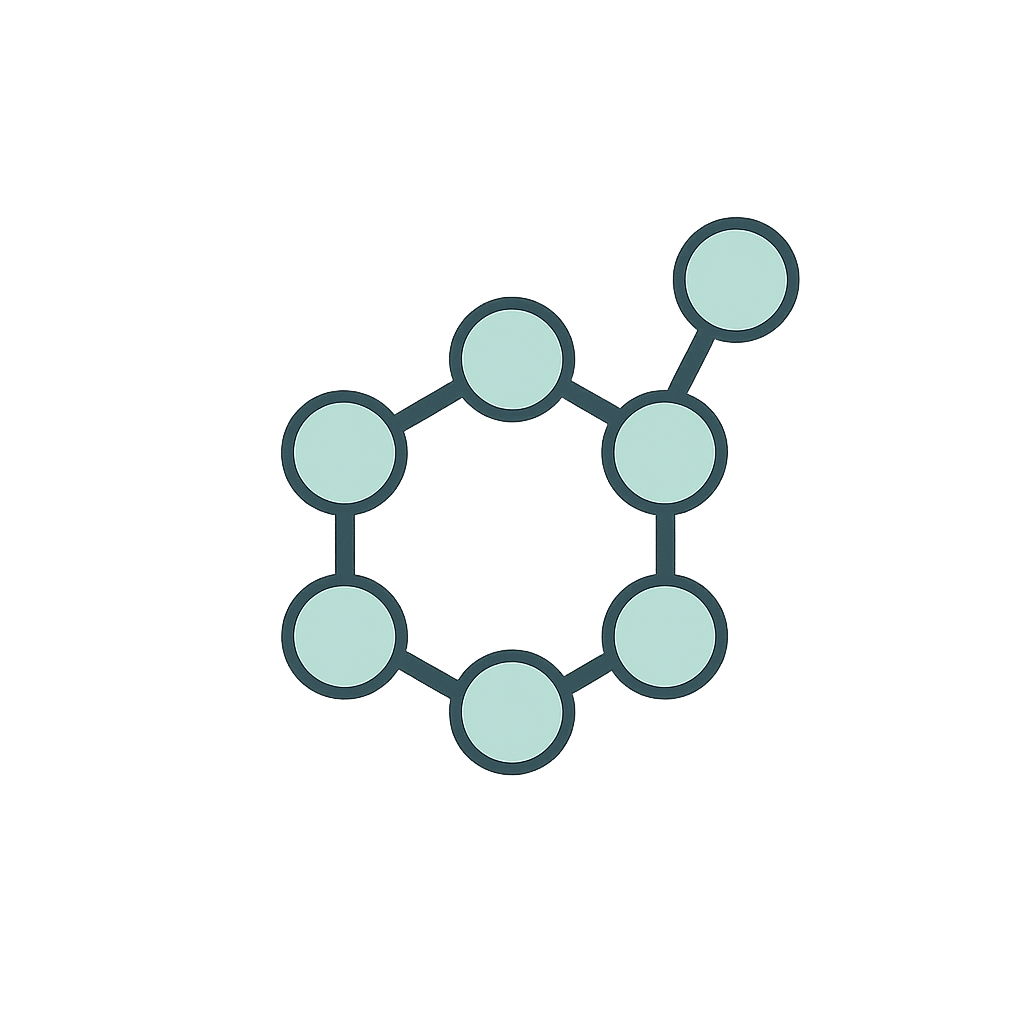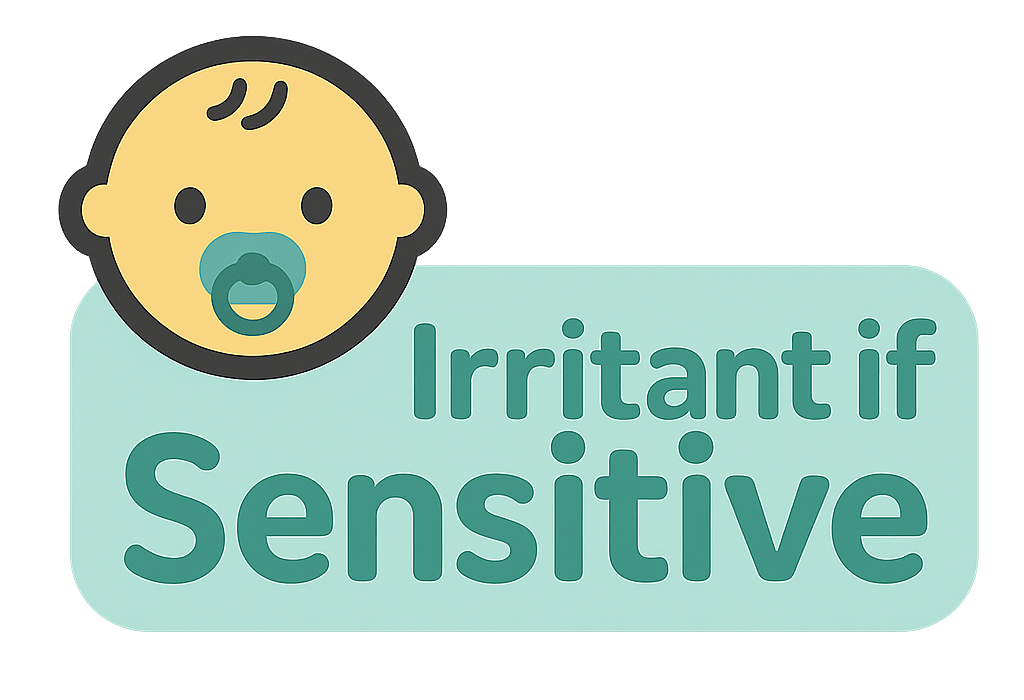Retinyl Palmitate

2-5 year old preschoolers • Skin contact product
Check for Different Age (6 available)
Safe for preschoolers to use Retinyl Palmitate?
Detailed Analysis
Are you holding the product?
Scan the full ingredient label and understand if it's safe for your child.
Safety Risk Labels
This ingredient has the following documented risks:




Tap or hover over labels to see detailed risk information.
Alternative Names for Retinyl Palmitate
This ingredient may also be listed as:
Always check ingredient labels carefully, as ingredients may be listed under different names.
Products Containing Retinyl Palmitate
This ingredient is found in the following products:
This list shows products that contain Retinyl Palmitate or its alternative names.
Research Articles on Retinyl Palmitate
Scientific research related to this ingredient:
These research articles provide scientific evidence about Retinyl Palmitate safety and effects.
Common Questions About Retinyl Palmitate
Safe for preschoolers to use Retinyl Palmitate?
Retinyl Palmitate is not recommended for 2-5 year old children due to potential safety risks.
What are the irritant risks of Retinyl Palmitate for preschoolers?
Can cause skin redness, itchiness, or rashes—especially on sensitive baby skin. Young children may be more sensitive to these effects.
What are the sun burn risks of Retinyl Palmitate for preschoolers?
May increase skin’s sensitivity to sunlight and cause faster burning. Young children may be more sensitive to these effects.
What are the absorbed risks of Retinyl Palmitate for preschoolers?
Can be absorbed through the skin and get into the bloodstream. Young children may be more sensitive to these effects.
What are the cancer risks of Retinyl Palmitate for preschoolers?
Connected to cancer risk with long-term or repeated exposure. Young children may be more sensitive to these effects.
What products contain Retinyl Palmitate?
Retinyl Palmitate is commonly found in skincare products, cosmetics, and topical applications. Always check ingredient labels before use.
Is this suitable for preschoolers to using products with Retinyl Palmitate?
The appropriate age depends on the specific ingredient properties and concentration. This analysis is for 2-5 year old children. Use the age selector above to check other ages.
Want to scan another product?
Use our camera scanner to analyze more ingredient labels
Scan Another Product